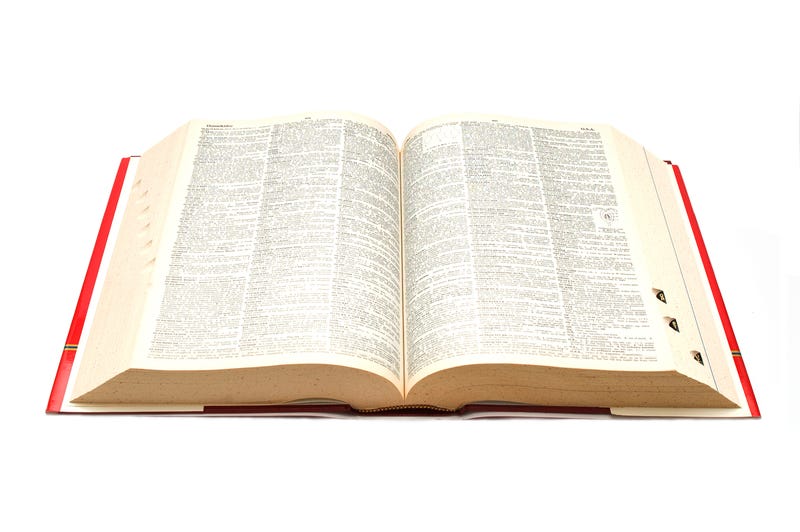
Taking a break from more lighthearted words of the year, like last year’s “gaslighting,” Merriam-Webster has chosen an aptly fitting word of the year for 2023: “Authentic.”
Authentic was chosen as this year’s word of the year after the online dictionary saw a high number of searches for the word’s definition.
While Merriam-Webster says it’s always received searchers for the word, this year it saw a “substantial increase” due to “stories and conversations about AI, celebrity culture, identity, and social media.”
Authentic has several meanings, including “not false or imitation” and “true to one’s own personality, spirit, or character.” This is one reason why the dictionary says it was looked up so frequently.
Whether it be in expressions of identity or cuisine, Merriam-Webster says that being authentic is “clearly a desirable quality.”
A release from the online dictionary shared that several celebrities used the word this past year, including singers Taylor Swift, Lainey Wilson, and Sam Smith, who all made statements about seeking their “authentic self” or their “authentic voice.”
Elon Musk used the word as well, saying this past year that people should be more “authentic” on social media after buying Twitter, now X.
While artificial intelligence caused an increase in those searching for the word authentic, it also saw an increase in the word “deepfake.”
Merriam-Webster defines a deepfake as “an image or recording that has been convincingly altered and manipulated to misrepresent someone as doing or saying something that was not actually done or said.”
With the rise of AI came a rise in deepfakes, leaving many worried about the capabilities of the technology, as it could impersonate seemingly anyone.
AI created such a stir that Hollywood writers and actors struck until protections from AI, among other things, were added to their contracts.
Other words that defined 2023 included dystopian, indict, doppelgänger, and the internet slang “rizz,” defined as having “romantic appeal or charm.”
